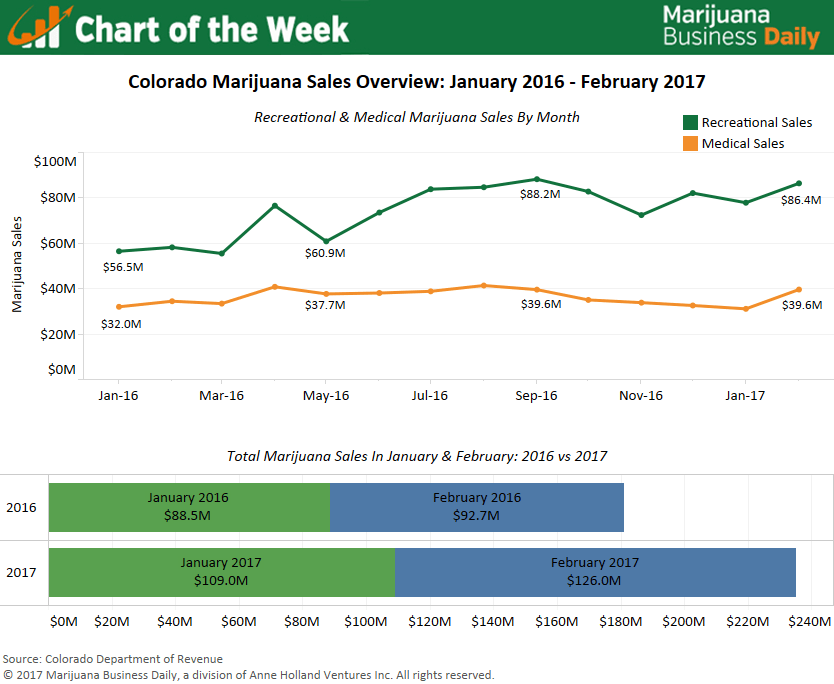By Bart Schaneman
Loren Israelsen feels the cannabis industry’s pain.
For more than three decades, he’s been dealing with regulatory and commercial issues in the global dietary supplement industry, including labeling and being viewed as a fringe business.
In his current role as the president of the United Natural Products Alliance – a Salt Lake City-based trade association that represents more than 100 natural products, dietary supplements and related companies – he’s watched firsthand the issues that arise when an industry goes from the margins to the mainstream.
What can marijuana business owners learn from what your industry experienced?
We learned several things:
- Develop leadership: There will always be some deeply divergent views within your business community. You have to work toward some sense of organized leadership of the business and the business model. You know that not everyone is going to agree, but there has to be decisions.
- Watch out for bad actors: You’re judged by your worst players.
- Know your critics: Once the media takes a view of your industry and they won’t let go, then you develop the echo-chamber effect – the repetition of old news, old stories. That begins to build up these coats of paint of reality as seen by others, and you end up working so hard to correct the record. If the media is misrepresenting your industry, it doesn’t get better, it only gets worse. Move quickly to get to know the critics.
- Stay on your toes: We learned that both sides will end up messaging and they won’t get it right. It took our critics years and years to really hit on the message that resonated – that we were unregulated, which was not true. But in today’s society, that was the trigger word. We ended up on the defensive side of having to explain that we were regulated, that that wasn’t a true statement. It’s very hard to get on to the other points you want to make if you can’t get off that one.
- Adapt to change: As you get bigger, everything gets more complicated. The analogy that makes the most sense to me: It’s a young family that goes from two kids to three kids. Nothing fits anymore. Your car. Your house. You have to start over again. So you have to be ready to adapt to changing environments. The political changes of recent months have either changed the cannabis world or the prospect of change is very real. Threat or opportunity? Your call.
- Empower your people: You cannot make any measurable, meaningful progress without your consumer constituency being mobilized and active to speak on your behalf.
What are key similarities between the natural products and marijuana industries?
The marijuana industry right now is in this interesting spot where we were about 25 years ago where there were more state issues than federal issues. Even when you thought you had a major success and advance, it turns out you have to wake up in the morning and go back and keep working on these issues.
How did your industry deal with that uncertainty – especially when you were restricted by law about what you could say?
It was very difficult. We couldn’t communicate openly or directly to our consumers about the benefits of botanicals, a lot of nutrients. Almost everything we offered we could really not tell people what they’re really good for. Pretty frustrating. People had to go find their own information.
How did you try to overcome that?
We ended up going to Congress and working to pass a law in 1994 called the Dietary Supplement Health and Education Act (DSHEA). It was the first time we had rules of proper definition. We actually knew who we are and what we were for the first time.
What did your industry learn when dealing with state and federal regulators that could be applied to the marijuana industry?
We live in 51 governments. There’s one big one and 50 smaller ones. These sorts of issues end up filtering down to local issues. We thought that having resolved the federal question, the states would generally agree with that. Nope. Turns out some states have very different views.
We learned that we really have to constantly tend the garden. Never assume if you solve the national problem that you solved the local, or regional, or state issues that will arise. You have to solve the big one. But then you have to work on the small ones, because that’s the way our system is set up. There tends to be the sense that we need to build strong national alliances and you tend to think less about the states, to your detriment. The old adage “all politics is local” is really true.
This interview has been edited for length and clarity.
Bart Schaneman can be reached at barts@mjbizdaily.com




